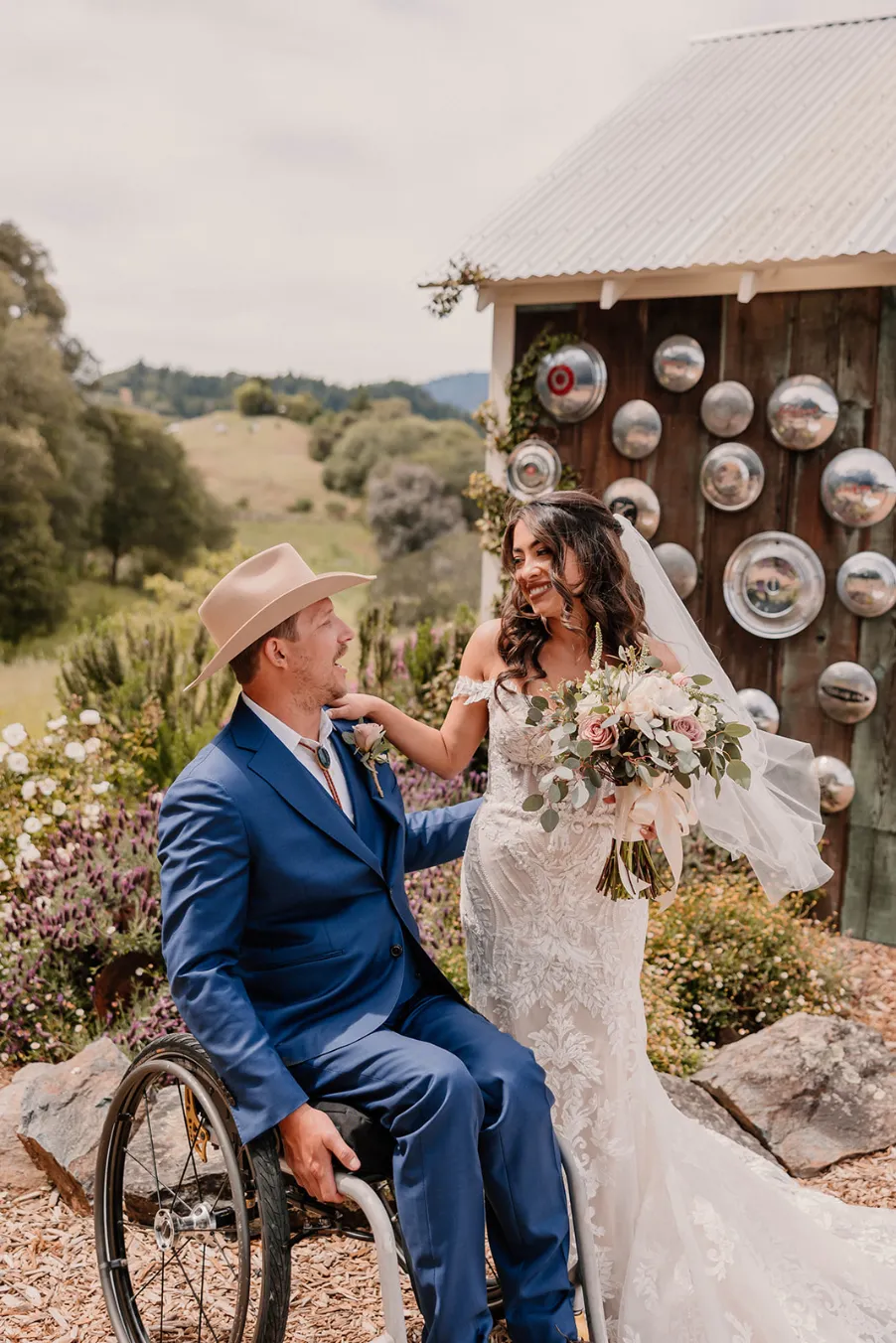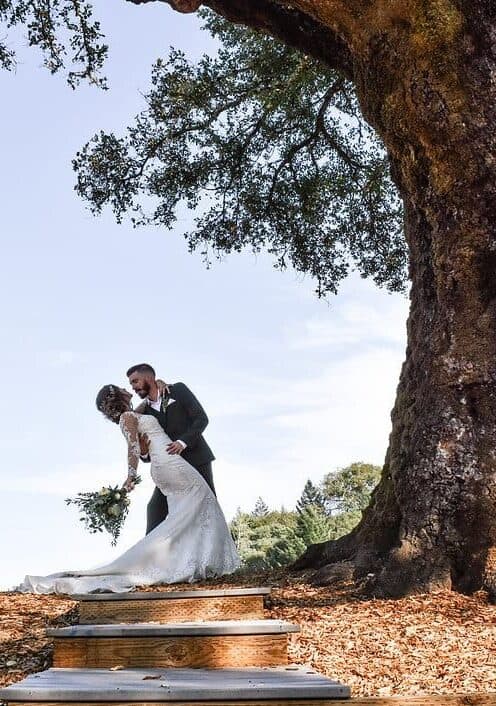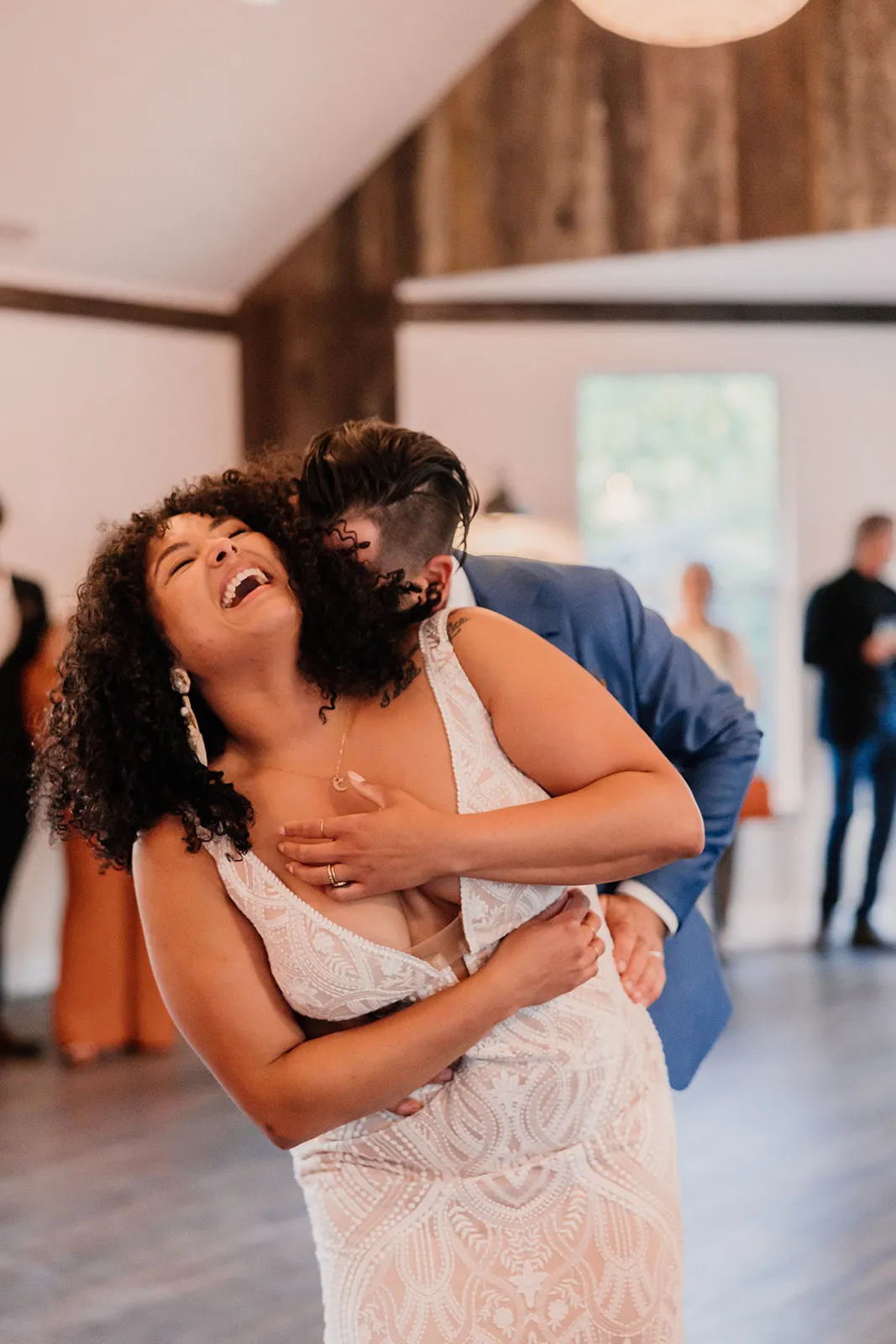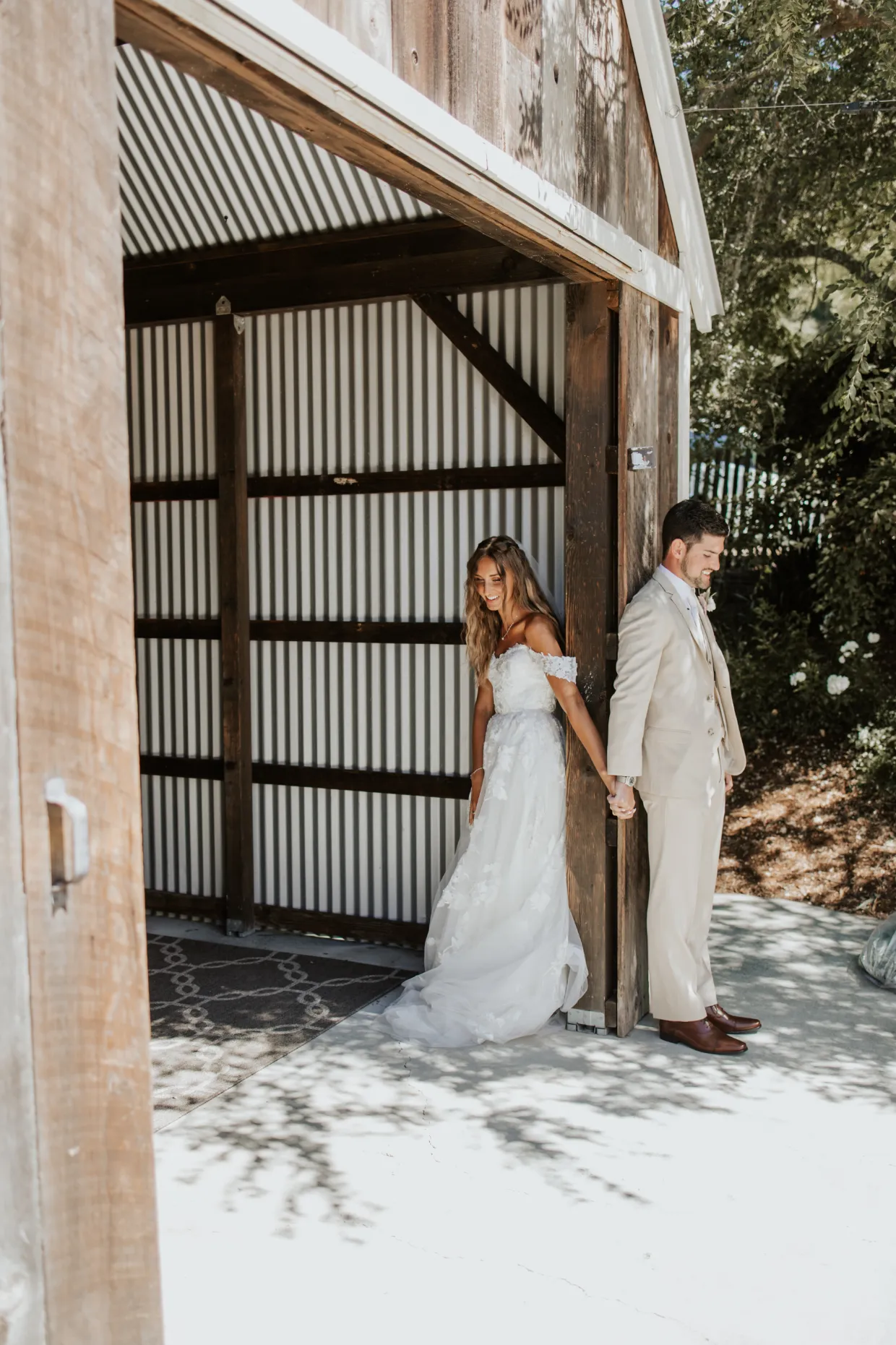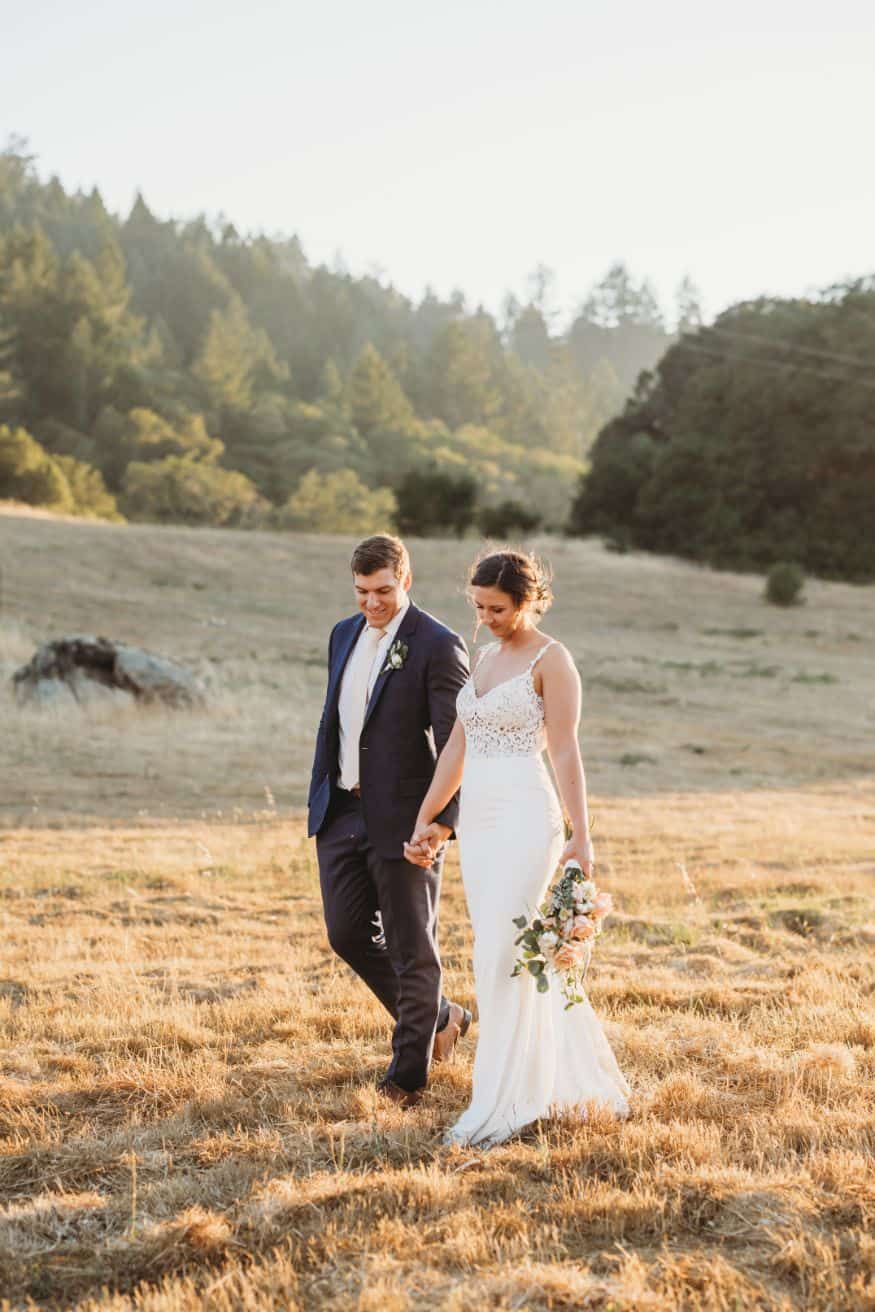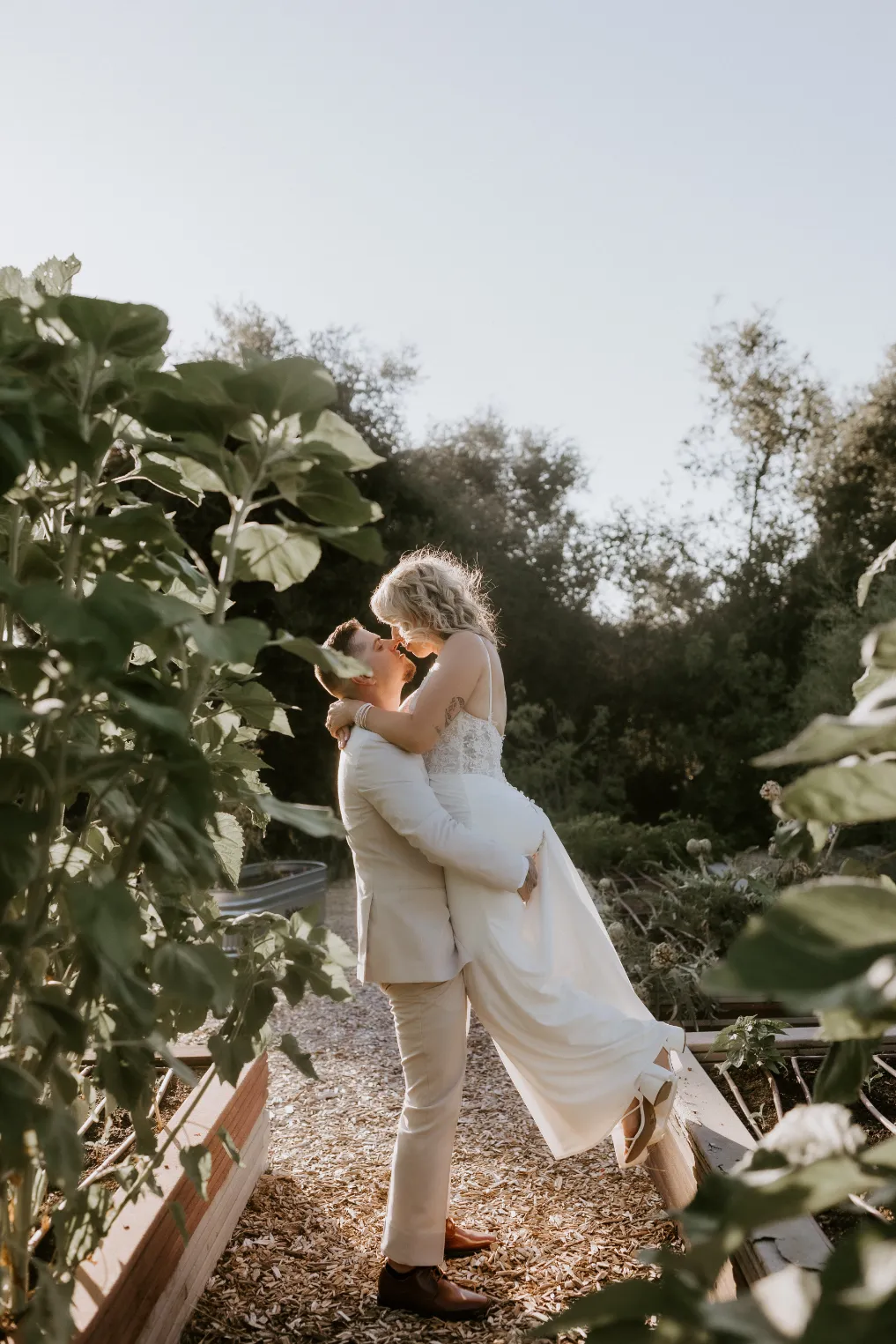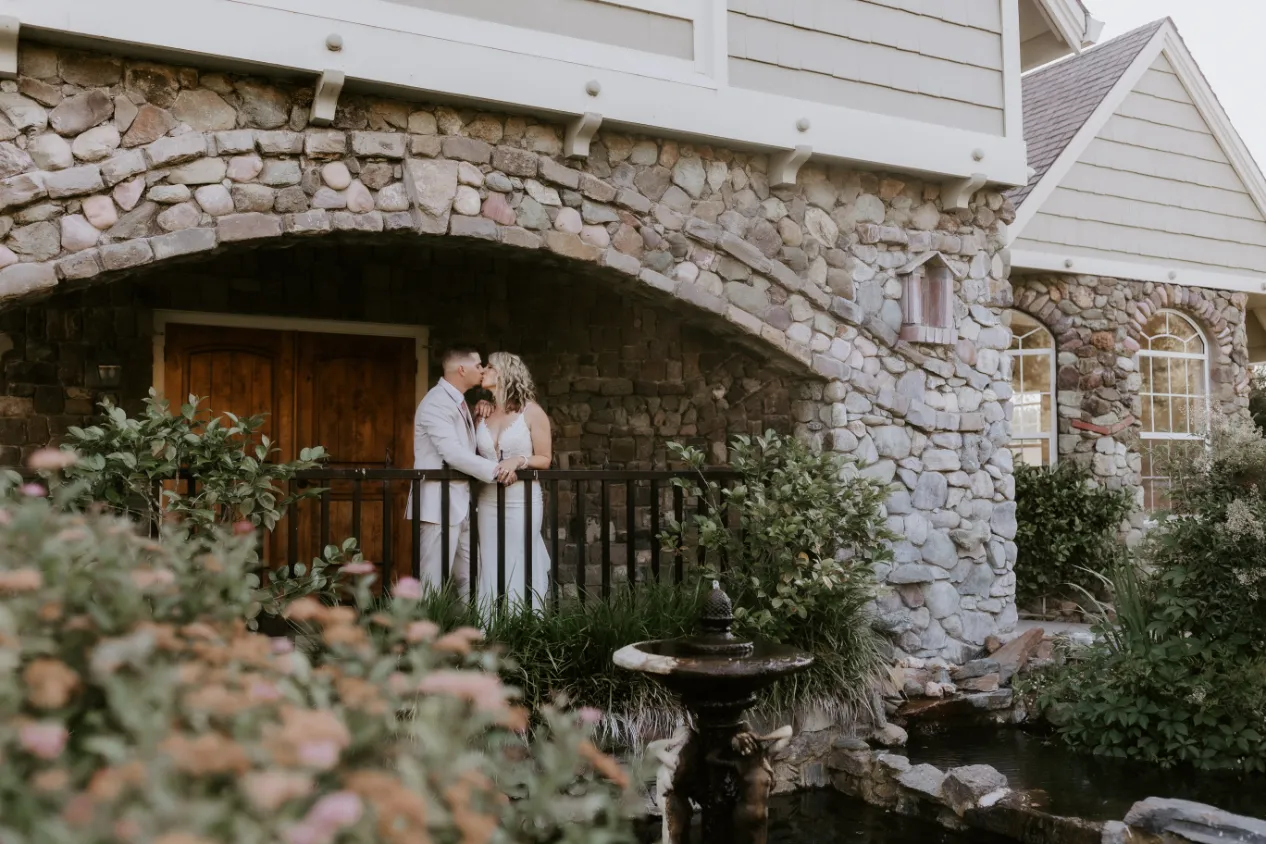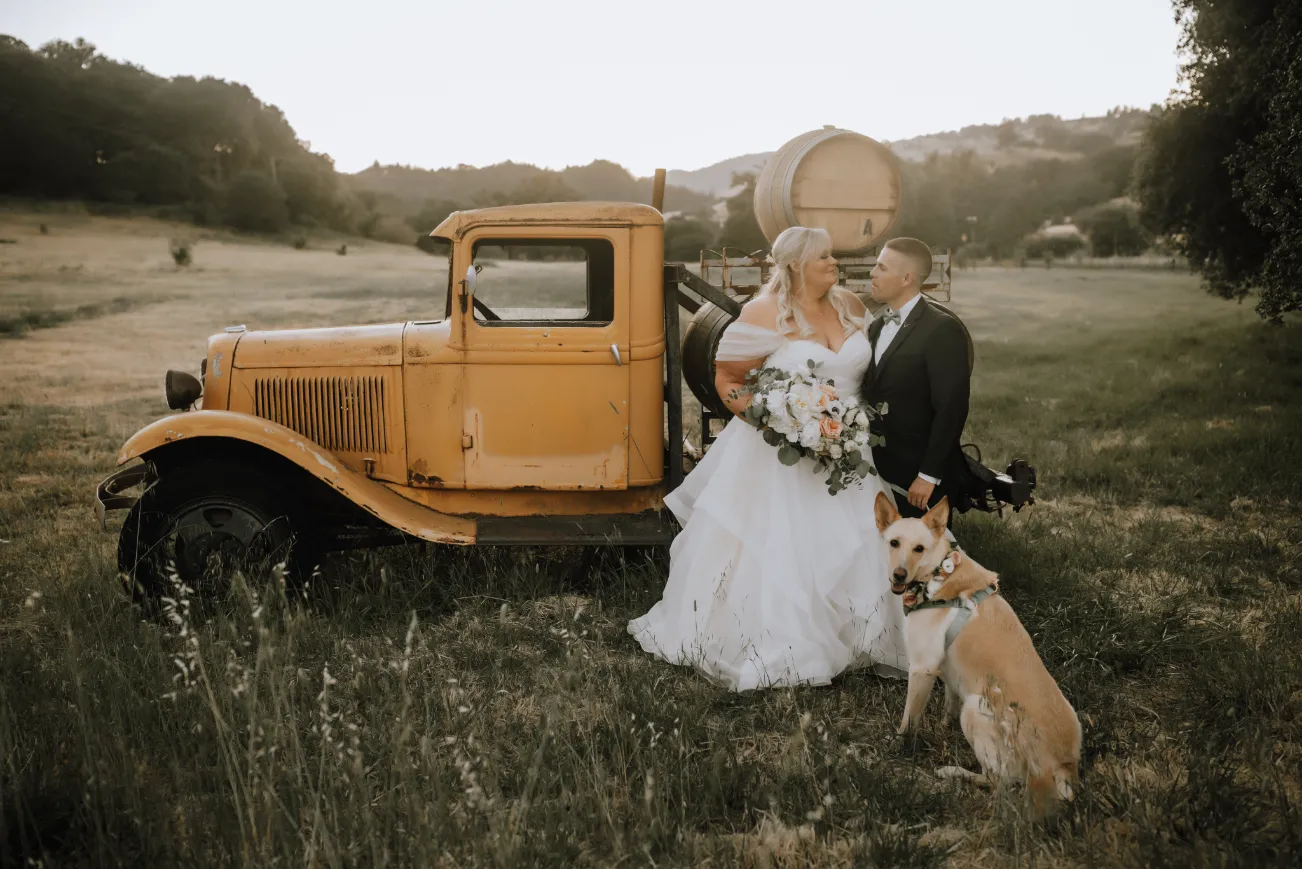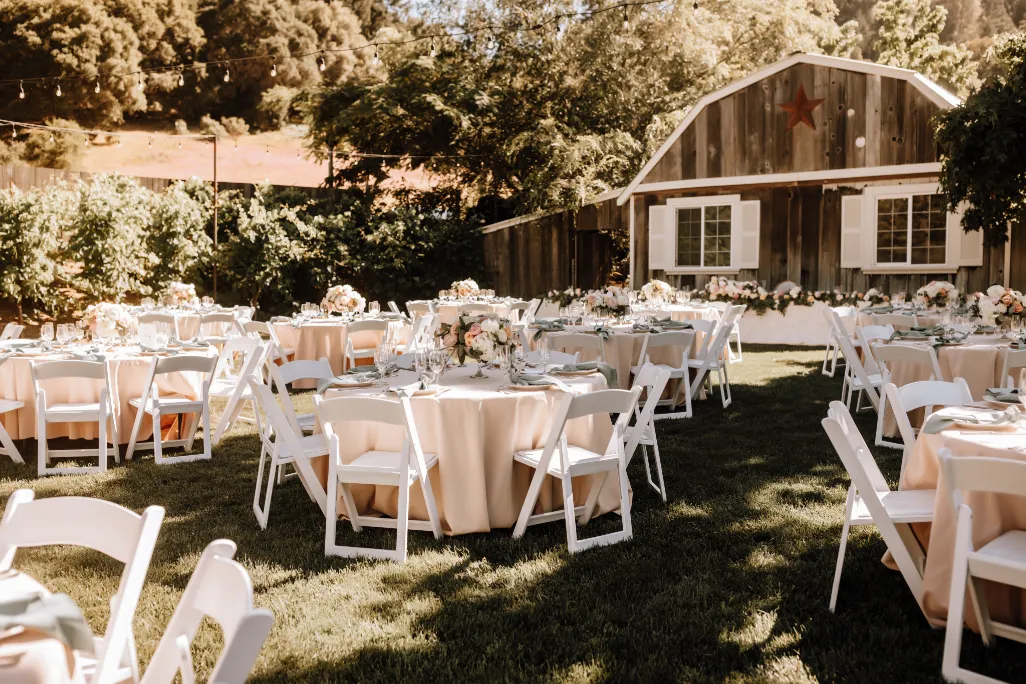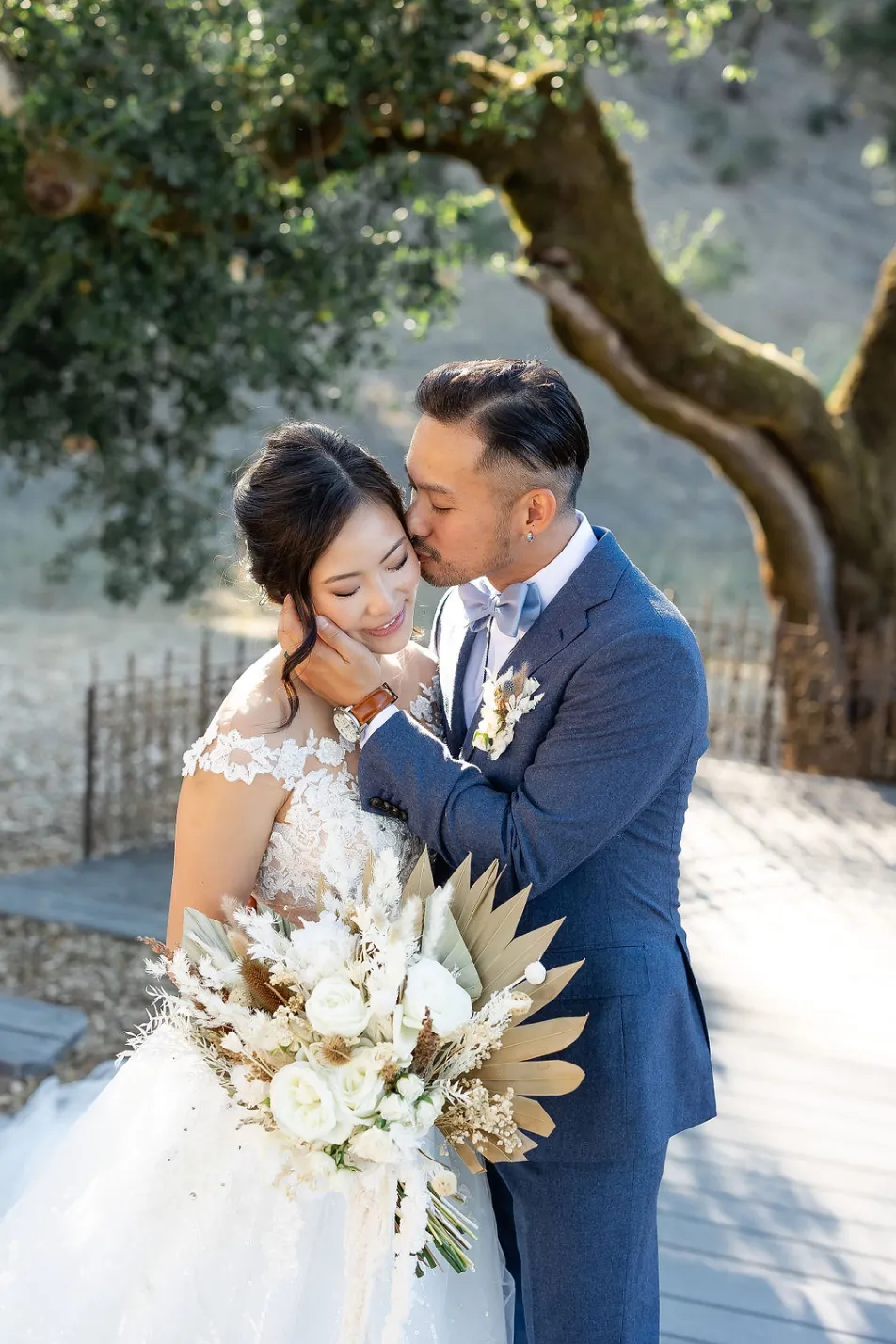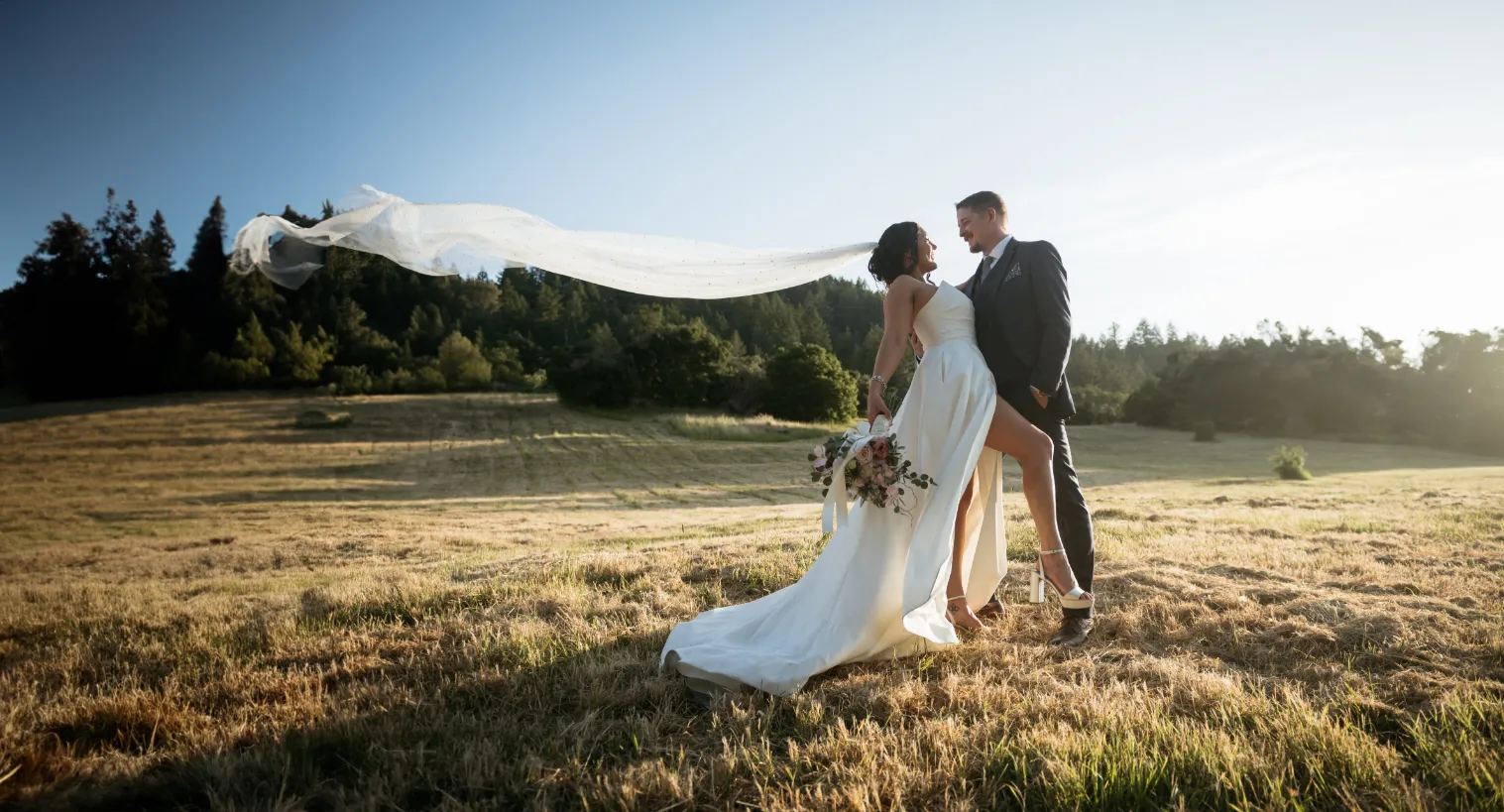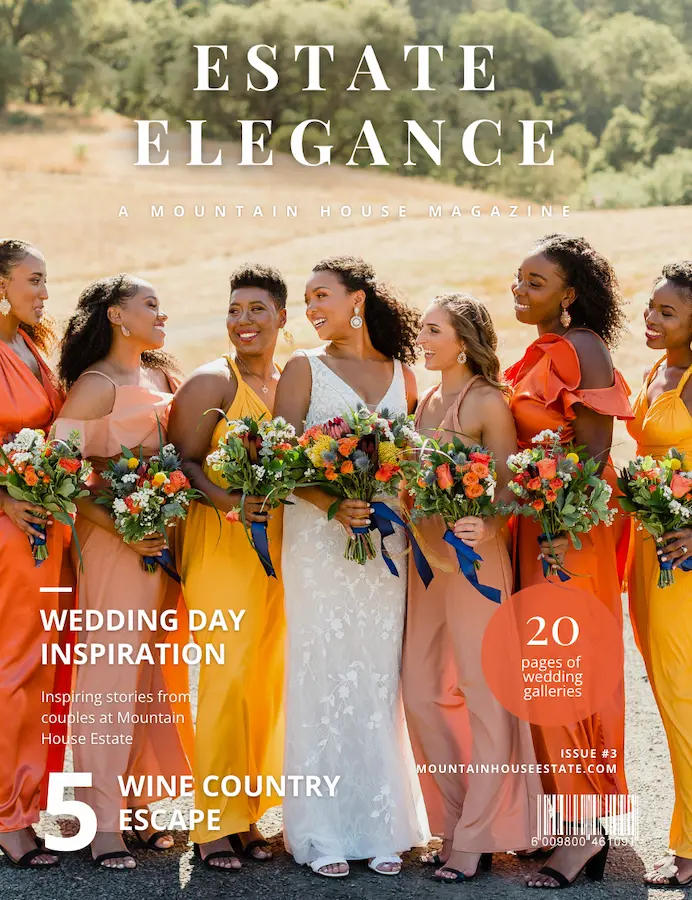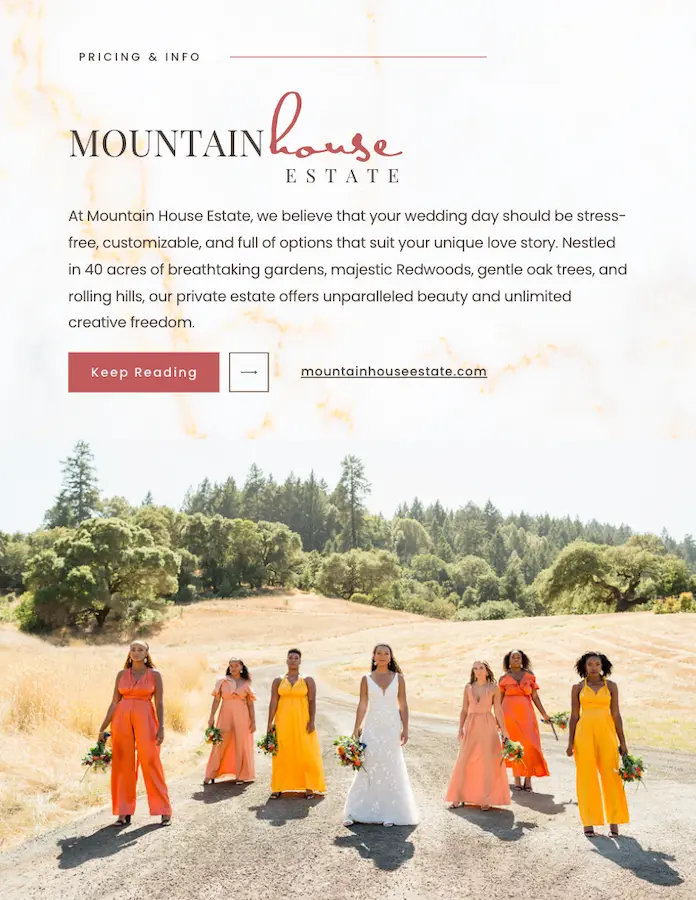Welcome Home
Welcome
To Mountain House Estate

A Private California Wine Country Venue
Freedom. Privacy. Flexibility.
Our private estate sits on 40 acres with gardens, Redwoods, oak trees, and rolling hills. You have unlimited creative freedom – we believe your wedding should be exactly your way. That’s why we are BYOB & allow you to choose all your vendors, including food trucks. Mountain House Estate is renowned for it’s incredible and unmatched photo opportunities, flexibility, and transparency.
01.
A Romantic Destination Wedding
If you’re looking for something more relaxed, charming, and off the beaten path than other wedding venues in California, Mountain House Estate is a perfect fit for you. Tucked away in wine country, our private estate is close enough, but not too far for you and your guests to have a beautiful and romantic destination wedding.
02.
Multiple Locations
Located in wine country, Mountain House Estate is one of the few wedding venues in Northern California that boasts gorgeous indoor & outdoor event spaces to make your wedding shine. We offer several ceremony locations at our wedding venue – our most popular is the Oak Tree Terrace followed by our private pond, barn, and Redwood trees.

